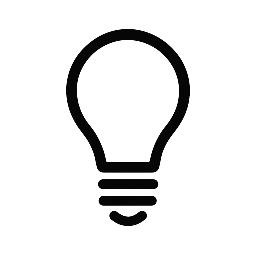As the general election approaches in the Netherlands, a palpable sense of anxiety is growing among Dutch Muslims. This fear isn’t unfounded; it stems from a noticeable and unsettling rise in far-right sentiments and the mainstreaming of Islamophobic rhetoric. Communities that merely wish to coexist peacefully now find themselves grappling with increased hostility and suspicion.
Rising Far-Right Influence
In recent years, far-right political groups have gained significant traction in the Netherlands. Their agendas often include strict anti-immigration policies and veiled, if not overt, criticisms of Muslim communities. Leaders of these groups capitalize on economic uncertainties and cultural fears, painting Muslims as the “other” who are incompatible with Dutch values. As a result, statements once considered fringe have edged closer to the center of political discourse, making Islamophobic sentiments alarmingly commonplace.
Normalizing Hostility
One of the most distressing aspects for Dutch Muslims is the normalization of open hostility towards their community. What was once whispered or relegated to extremist corners of society can now be heard in public discourse. Media coverage often exacerbates this, either by amplifying negative stereotypes or failing to provide balanced perspectives. This shift has emboldened individuals who might otherwise have kept their prejudices to themselves, leading to more frequent and blatant acts of discrimination.
Daily Life Under Scrutiny
For many Dutch Muslims, daily life has become a tightrope walk between maintaining cultural identity and assimilating into a society increasingly suspicious of their presence. Simple activities, such as wearing traditional attire or attending mosque services, can attract undue attention and even aggression. Women, in particular, often face the dual pressures of gender and religious discrimination. The rise of Islamophobic views has led to a surge in microaggressions and outright confrontations, creating an environment of constant vigilance and stress.
Community Resilience and Response
Despite these challenges, Dutch Muslims showcase remarkable resilience. Community organizations have ramped up efforts to promote understanding and counteract negative narratives. Educational initiatives aimed at fostering dialogue between different cultural groups are increasingly prevalent. Furthermore, Muslim leaders and activists are more vocal in political spaces, ensuring that their voices are heard and their rights defended.
Online platforms, such as Banjir69, are also playing a crucial role. They offer a space for Dutch Muslims to connect, share experiences, and organize collectively. Utilizing features like the Banjir69 login, members can engage in secure and supportive discussions that empower them to tackle the rising tide of Islamophobia.
Looking Ahead
As the general election looms, the stakes are high for Dutch Muslims. The outcome could either validate the far-right’s divisive rhetoric or send a clear message that the Netherlands stands for inclusivity and respect for all its citizens. It’s a pivotal moment, not just for the country but for the many individuals whose lives are directly impacted by these political currents.
In the face of growing adversity, the resolve of Dutch Muslims remains steadfast. By continuing to stand up against bigotry and by fostering stronger inter-community relations, there is hope that the Netherlands can move towards a future where diversity is celebrated rather than feared.

Leave a Reply